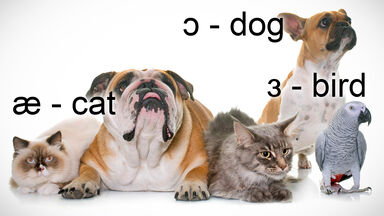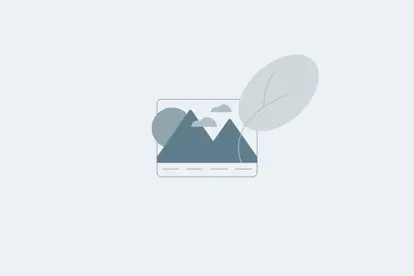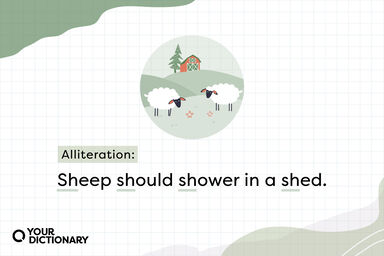Tongue Definition
- To speak deceitfully; prevaricate or lie.
- To be or keep silent.
- To cause (someone) to speak freely or carelessly or to divulge information.
- To lose the capacity to speak, as from shock.
- On the verge of being recalled or expressed.
Idioms, Phrasal Verbs Related to Tongue
- have
- bite
- loosen (someone's) tongue
- lose (one's) tongue
- on the tip of (one's) tongue
- find one's tongue
- hold one's tongue
- on everyone's tongue
- on the tip of someone's tongue
- speak in tongues
- with tongue in cheek
Origin of Tongue
-
From Middle English tonge, tunge, tung, from Old English tunge, from Proto-Germanic *tungÇ (“tongue") (compare West Frisian tonge, Dutch tong, German Zunge, Danish tunge, Swedish tunga), from Proto-Indo-European *dn̥ǵʰwéhâ‚‚s (compare Irish teanga, Latin lingua, Tocharian A/B känt/kantwo, Lithuanian liežùvis, Polish jÄ™zyk 'language, tongue', Armenian Õ¬Õ¥Õ¦Õ¸Ö‚ (lezu), Sanskrit जिह्वा (jihvā́)).
From Wiktionary
-
Middle English from Old English tunge dn̥ghū- in Indo-European roots
From American Heritage Dictionary of the English Language, 5th Edition
Tongue Is Also Mentioned In
Find Similar Words
Find similar words to tongue using the buttons below.





